The government will introduce a tax on the production and import of plastic packaging in the UK from April 2022.
Chancellor Philip Hammond announced in the Budget on Monday that the tax will apply to plastic packaging which does not contain at least 30% recycled plastic, to help reduce excessive harmful plastic packaging and incentivise manufacturers to use recycled plastic.
Welcoming the announcement, Sian Sutherland, co-founder of campaign group A Plastic Planet, said: “Finally we are shown the leadership we needed. By taxing virgin plastic we will prevent the continual misuse of this indestructible material.
“We can now start to build the foundations for the UK to be a world leader in the new biomaterials of the future. The people have been heard.”
Association of Convenience Stores chief executive, James Lowman, added: “We will work with the government and supply chain regarding the new tax on plastic packaging applied to producers to ensure that there are no unintended consequences for retailers.”
But Food and Drink Federation (FDF) chief executive, Ian Wright, voiced concerns over the financial impact on manufacturers. “While we are committed to reducing packaging waste and working with government, today’s new tax on plastic packaging will result in significantly increased costs for UK food and drink manufacturers, due to the input costs required to produce food-grade recycled packaging.”
The Budget also ruled out a levy on all disposable cups, but the government will look in the Resources and Waste Strategy at the best way to tackle the environmental impact of cups, which is set to be published later this year.
On the same day, the Consumer Goods Forum (CGF), which represents global manufacturers and retailers, called for the consumer goods industry to play a leading role in eliminating plastic waste on land.
“We recognise the pressing need for our industry to play a leading role in tackling the issue of plastic waste. We are committed to implementing pre-competitive, collaborative actions with the aim of eliminating plastic waste on land and sea,” said Emmanuel Faber, Danone chairman & CEO and CGF Board member.
“We recognise that the plastic waste challenge will only be solved by global collaboration between companies, national and local governments, multi-national organisations, the recycling industry and consumers. Consequently, the Board of The Consumer Goods Forum (CGF) endorses the Ellen MacArthur Foundation’s New Plastics Economy vision of a circular economy where no plastic ends up as waste.”
Marks and Spencer chief executive, and board co-sponsor of the CGF’s sustainability group, Steve Rowe, added: “Business has to find a new approach to plastic and make it easy for consumers to use less and recycle more. The CGF is committed to being at the forefront of this change as we reduce the amount of plastic in use, simplify the materials we use, improve recycling rates and shift to new, innovative ways of doing business”.




















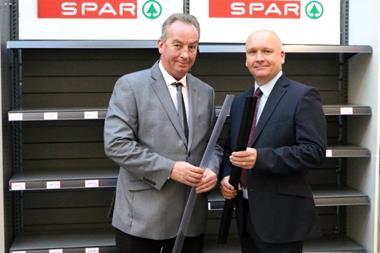
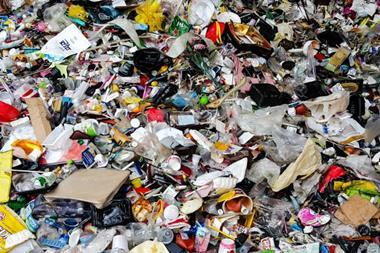
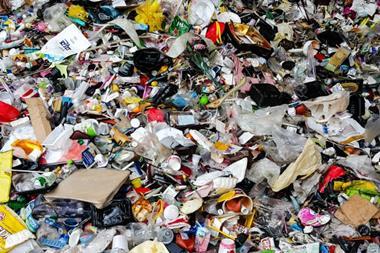
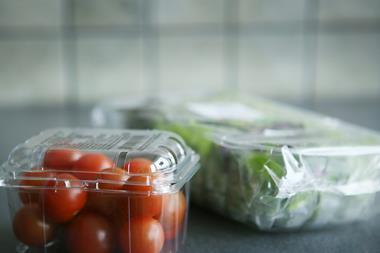
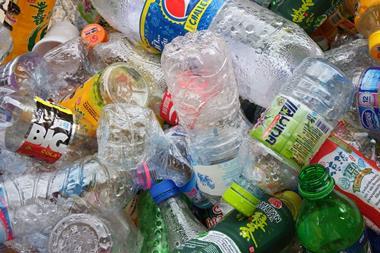
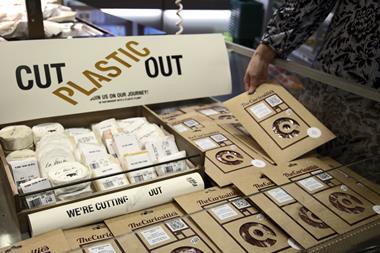






No comments yet